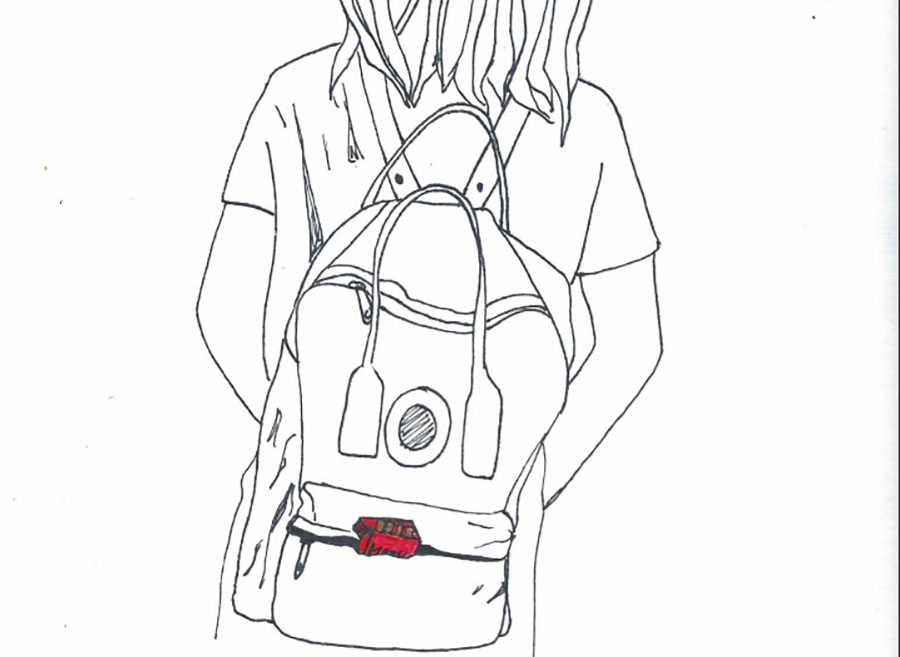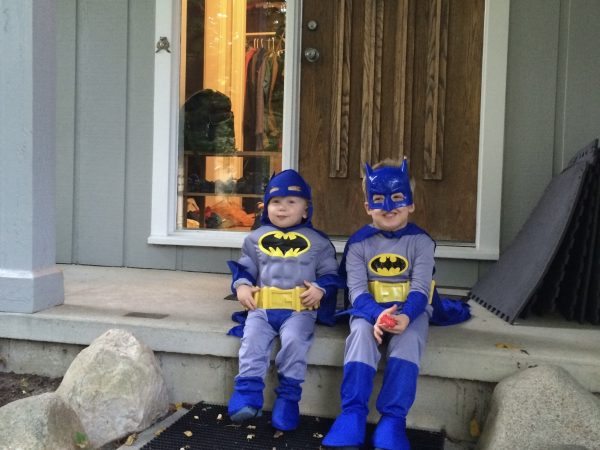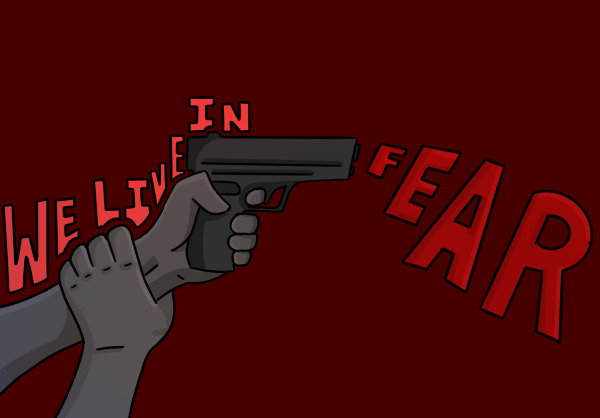Will Ann Arbor’s New Tobacco Law Really Make a Difference?
On Aug. 4, 2016, Ann Arbor city officials approved the ordinance of raising the legal tobacco purchase age. The ordinance went into effect on Jan. 1, making Ann Arbor the only city in Michigan to raise the legal age to purchase tobacco products from 18 to 21. This also made Ann Arbor the first city in Michigan to get behind the “Tobacco 21” movement. Supporters of this movement believe that it will make it harder for teens to obtain cigarettes, which they think will help prevent early tobacco addiction.
However, this argument has many flaws. One of them is that Ann Arbor is a small town, and it is only about a 20 drive minute until you enter another. Although people under the age of 21 can’t legally purchase cigarettes or other tobacco products in Ann Arbor, they can drive to a nearby city and buy them there. Does changing the law in Ann Arbor really prevent teens 18 and older from buying cigarettes?
The problem with young tobacco addiction isn’t the legal age of buying tobacco products, it’s the choice of the smoker. If a minor smokes, they made that choice to smoke and will find ways to obtain cigarettes, no matter the law.
The Center for Disease Control and Prevention found that in 2012, seven percent of middle school students and 23 percent of high school students reported current use of a tobacco product. According to the Department of Health and Human Services, it is estimated that each day approximately 2,100 youth and young adults who are occasional smokers become daily smokers.
So, if a minor is addicted to cigarettes, it will take much more than just a law to make them quit. As a smoker and as a person in control of what they do to their body, they would have to make the decision to stop smoking.
The new tobacco law also conflicts with a state law, according to Bill Schuette, Michigan Attorney General.
“The ordinance directly conflicts with state law by barring the sale of furnishing of tobacco products to 18 to 20 year olds because the Age of Majority Act prohibits treating these young adults different from persons 21 years and older with respect to their legal capacity to purchase tobacco products,” Schuette says, according to mlive.
According to DoSomething.org, teen smokers are more likely to have panic attacks, anxiety disorders and depression. They are also more likely to get into fights, carry weapons, attempt suicide and engage in high-risk sexual behaviors. According to the Surgeon General, teenagers who smoke are three times more likely to use alcohol and eight times more likely to smoke marijuana. It seems like these facts imply that disorders and substance use are a result of smoking tobacco, but that is not the case. In all the cases of teen smoking I have come across, the use of cigarettes and other substances is a result of the hectic life changes that every teen goes through, including mental disorders in many cases.
Smoking cigarettes is a common technique to deal with anxiety and other mental disorders. According to a study done by researchers from Virginia Commonwealth University, nicotine subunits reduce anxiety by blocking out certain receptors rather than activating them, making cigarettes a successful way to deal with anxiety. This doesn’t mean they are a good thing, it just means that it is an easy way for teens to cope with what is going on in their life, and it may be one of the only coping skills they know.
According to metro.co.uk, no period of life comes close to being as difficult as the teenage years. Teenagers deal with a lot, such bullying, expectations, grades, friends, relationships, puberty, parents, identity and much more. Additionally, teenmentalhealth.org shares that one in five young people suffer from a mental illness. Time.com says that there was a 37 percent increase of young people aged 12-20 who have reported having a major depressive episode. This study only describes teens that reported this, and according to goodtherapy.org, the majority of people, especially teens, experiencing depression are unlikely to seek help or even admit it.
So as teens go through the most stressful periods of their lives, there is no easy way to learn how to deal with what they are experiencing, unless the teen attends some type of therapy, and statistics say that only 50 percent of Americans experiencing major depression seek treatment.
Changing the tobacco law doesn’t mean minors will stop smoking. It just adds a couple of steps onto the process of obtaining them. The problem is not the legal age, it’s the lack of coping skills people learn from a young age, and the lack of skills they will have when they need it in their teen years. There are mandatory health classes in elementary school, middle school and high school, but none of them have an entire unit that focuses on ways to take care of your mental health and deal with difficult emotions that teens experience every day. If someone is experiencing something hard, they will use whatever coping mechanisms they know to feel better, and the sad fact is that skill for many teens is substance abuse and/or cigarettes. If the city really wants to make a change in smoking, especially in minors, they should work to add classes in schools that teach students how to deal with things effectively, such as DBT (Dialectical Behavioral Therapy) classes, that everyone can use to live their life more effectively.









